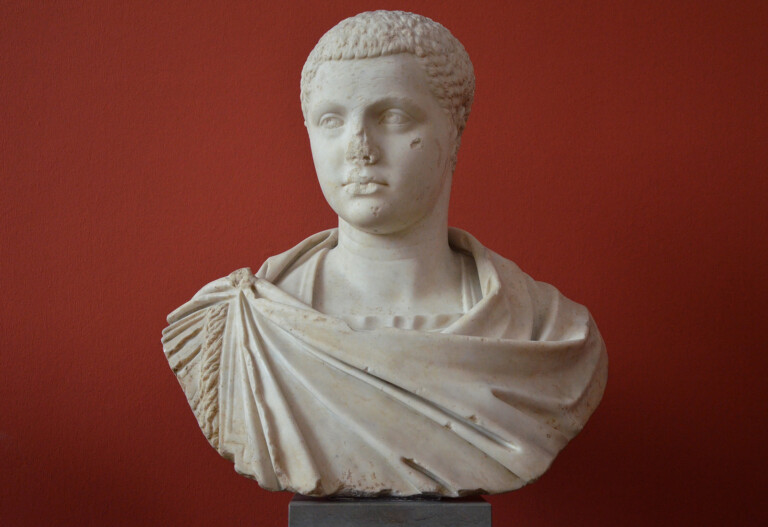The UK’s North Hertfordshire Museum will now refer to Roman emperor Elagabalus as a transgender woman with the female pronouns of she and her.
The museum‘s decision to reclassify Elagabalus is based on classical texts that claim the emperor once said “call me not Lord, for I am a Lady”.
Keith Hoskins, executive member for enterprise and arts at North Herts Council, said in a statement: “We try to be sensitive to identifying pronouns for people in the past, as we are for people in the present, it is only polite and respectful.
“We know that Elagabalus identified as a woman and was explicit about which pronouns to use, which shows that pronouns are not a new thing.”

The museum has one coin of Elagabalus, which is often displayed alongside other LGBTQ+ items in its collection.
Marcus Aurelius Antoninus, better known as Elagabalus, was Roman emperor from 218AD until his assassination, aged 18, in 222AD. During his reign, he became a controversial figure and developed a reputation for sexual promiscuity.
In his historical chronicles, Roman historian and senator Cassius Dio said the emperor was married five times – four times to women, and once to a former slave and chariot driver called Hiercoles.
Dio writes that Elagabalus “was bestowed in marriage and was termed wife, mistress and queen” in his final marriage to Hiercoles.
Elagabalus’s gender identity debate
Dr Shushma Malik, a Cambridge university classics professor, told the BBC: “The historians we use to try and understand the life of Elagabalus are extremely hostile towards him, and therefore cannot be taken at face value. We don’t have any direct evidence from Elagabalus himself of his own words.
“There are many examples in Roman literature of times where effeminate language and words were used as a a way of criticising or weakening a political figure.
“References to Elagabalus wearing makeup, wigs and removing body hair may have been written in order to undermine the unpopular emperor.”
However, Hoskins said texts including Dio’s are evidence that the emperor “most definitely preferred the ‘she’ pronoun and as such this is something we reflect when discussing her in contemporary times, as we believe is standard practice elsewhere”.
Images: Creative Commons and North Herts Council















